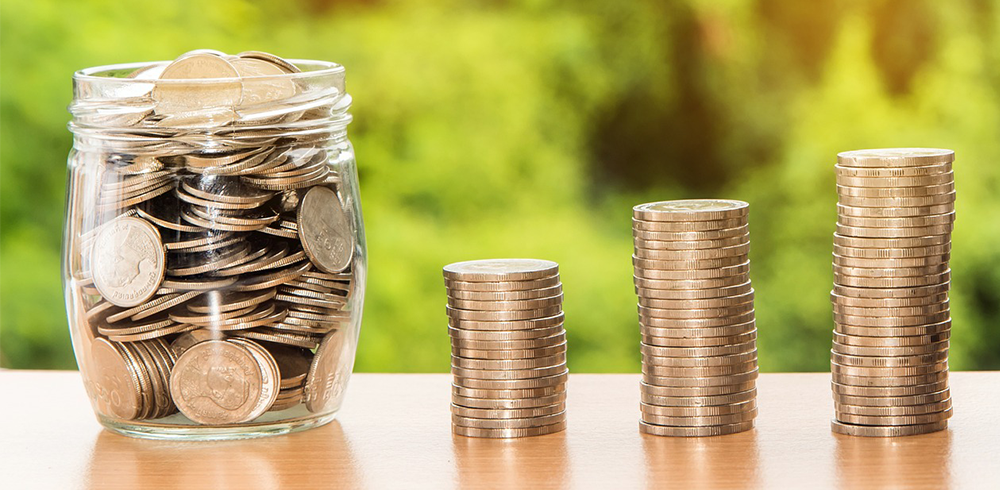The personal loan is a popular and versatile financial product. It can be used for wedding expenses, long-deserved vacations, or medical purchases. They don’t need collateral and are dependable, flexible, and simple to get.
Short-term loans are given by banks, NBFCs, and instant loan apps. These require you to make monthly repayments with interest over a fixed period of time. Sometimes a borrower may wish to change the repayment schedule and pay the loan off earlier than decided, also known as Prepayment.
Why do borrowers prepay? Is it a wise choice? What should you know before prepaying a short-term loan? We cover all this and more in this blog!
Why do borrowers prepay?
Prepayment is the act of paying back your loan in parts or in full before the end of your loan tenure. Many people choose to do this for a number of reasons. The most common reason is to save money on interest. For every monthly instalment that you pay, you are charged interest. by paying your loan in fewer instalments, you save money on interest. This can save some borrowers a significant amount of money.
Borrowers might also wish to prepay their loans to become debt-free faster. Maybe they got a new job and a higher income, which makes it possible for them to pay off the loan faster. Going debt-free has several advantages which are what make prepaying a short-term loan a tempting choice.
Advantages of Prepayment
There are certain advantages to prepaying a short-term loan. The obvious benefit is that you can save on interest. Depending on how far along you are in your loan tenure, this can mean saving a substantial amount of money. The earlier you prepay the loan, the less interest you pay, and the more money you save.
Another advantage is that you can avoid any late fees. If you are able to make the payments before the due date, you will save yourself any late penalty that may be charged if you forget to make a monthly instalment.
Contrary to popular opinion, prepayment does not have an immediate impact on your credit score. However, when you make timely payments on your loan, it reflects positively on your credit report. This can be helpful if you’re looking to take out another loan in the future. Also, the full payback of an ongoing short-term loan ultimately closes the loan account, which strengthens your credit rating over time.
Perhaps, the biggest advantage of prepayment is being debt-free. Debt is a financial burden, but also an emotional one. So, going debt-free can give you a sense of freedom and peace of mind. You’ll also have more money available to save or invest.
Disadvantages of Prepayment
Now to the disadvantages of prepaying a short-term loan. Some lenders may charge a prepayment penalty. The RBI restricts lenders from imposing prepayment penalties on personal loans with adjustable interest rates. On the other hand, this limitation does not apply to borrowers who take out personal loans with fixed interest rates.
Personal loan prepayment penalties of up to 5% of the outstanding principal amount are typical. If you have to pay a large prepayment penalty, then your savings will be reduced. Lenders may also forbid partial payments until they have received some instalments.
Also, prepaying a loan in full might require you to pay a huge amount of money. This can severely deplete your liquid assets. Doing so can compromise your capacity to handle other monetary events brought on by things like lost income, medical issues, or any unforeseen circumstances. If you use present cash for that purpose, you might have to take out loans at a higher interest rate in case of emergencies.
So, should you prepay a short-term loan?
It depends on your individual situation. If you can afford to pre-pay the loan and don’t mind the potential drawbacks, it may be a good option for you. If you might be compromising your financial stability just to pre-pay the loan, then it might be safer to stick to your original loan tenure.
CASHe is an Instant loan app offering short-term loans, BNPL, and instant Pre-Approved CASHe Limits. Download the app now!








